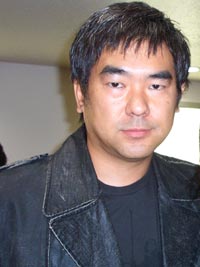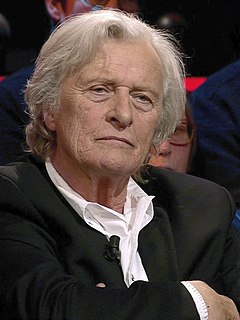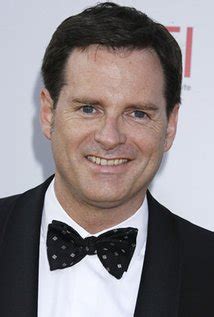A Quote by Jordi Molla
After directing movies, I respect any director in this world, because making a movie as a director is tons and tons of work.
Related Quotes
With a director it's all about the work; I'd work with a great director over - you know, I'm not the kind of actor who that doesn't go, 'I want to play this role.' It's more like, 'I want to work with this director,' regardless of what the role is because if it's a good director, you'll probably find a good role because it's a decent film. But a mediocre director will always make a mediocre movie.
It's always great when a director is just supportive of what you're doing. They're not so much critiquing you but giving you more ideas, giving you tons of things to work with, making you question your character and making you think about it... and making it seem like everything is limitless. That usually helps a lot.
Its always great when a director is just supportive of what youre doing. Theyre not so much critiquing you but giving you more ideas, giving you tons of things to work with, making you question your character and making you think about it... and making it seem like everything is limitless. That usually helps a lot.
I think one third of my work is with first-time directors because I think I should, you know? Really, the difference between a first-time director and a second- or third-time director - I mean there's no director who makes enough movies anyway - but if they're talented, they have it. And there is no movie that is perfect.
My dad's a prominent theatre director in Toronto, so I grew up in that world, directing and producing theater since I was a teenager. I always loved movies but they seemed too complicated until I got a job as an assistant on a movie-of-the-week and the technical process became demystified, like peeking behind a magician's curtain. Not long after that I switched to movies and never looked back.
What's interesting as a director, and even studio executives don't understand this, is that if you're directing a $200 million movie with six million people, it's the same as directing a $25,000 movie with three people. The director's job is, "You stand there and do that," or "This is the shot I want." The logistics change, but the job remains the same. And I enjoy the job.
The director is the most important because, ultimately, as an actor, when you watch a movie, it looks like an actor is giving a performance, and they kind of are. But, what's actually happening is that an actor has given a bunch of ingredients over to a director, who then constructs a performance. That's movie-making.


































